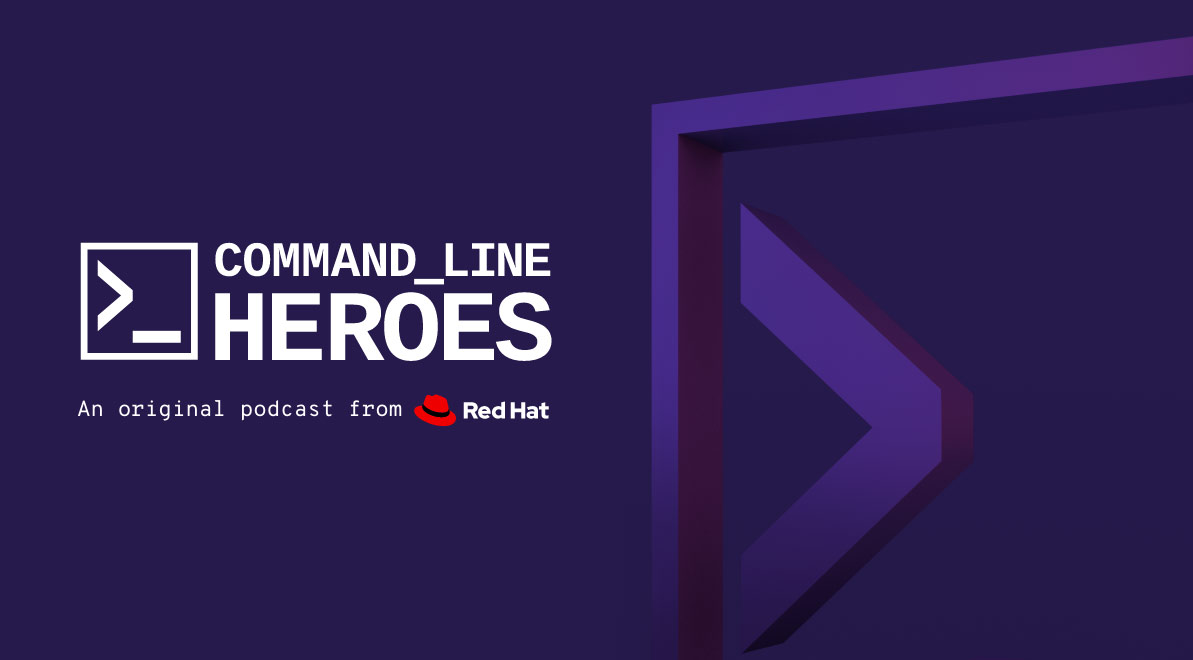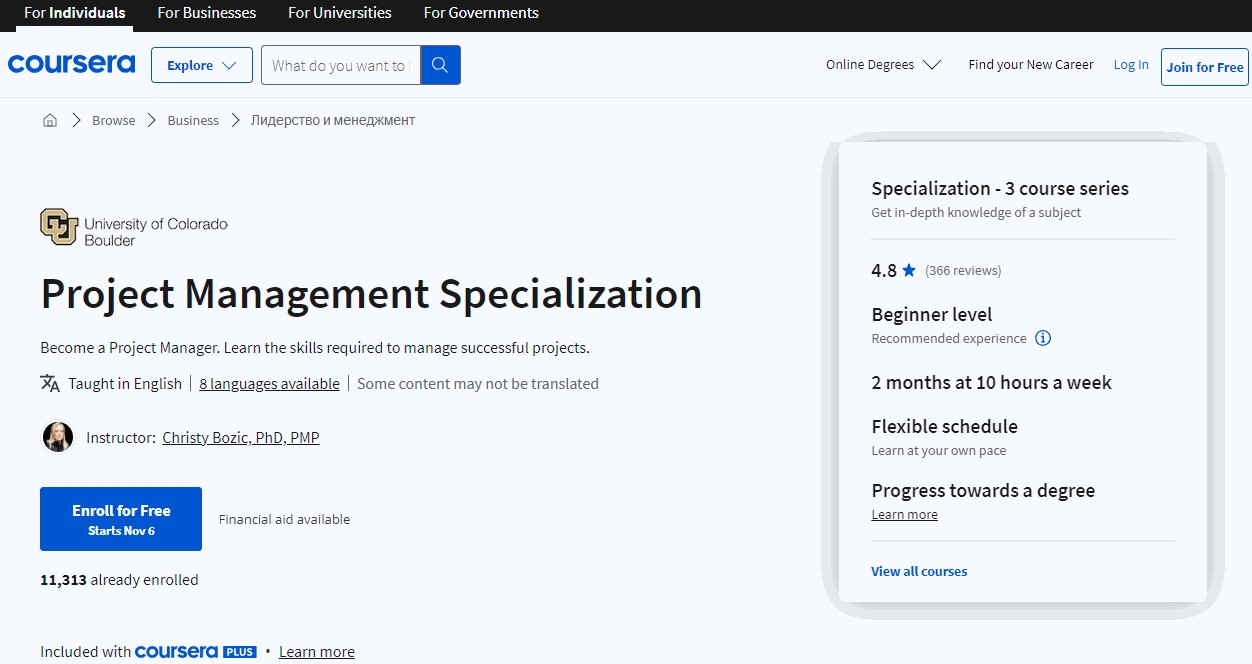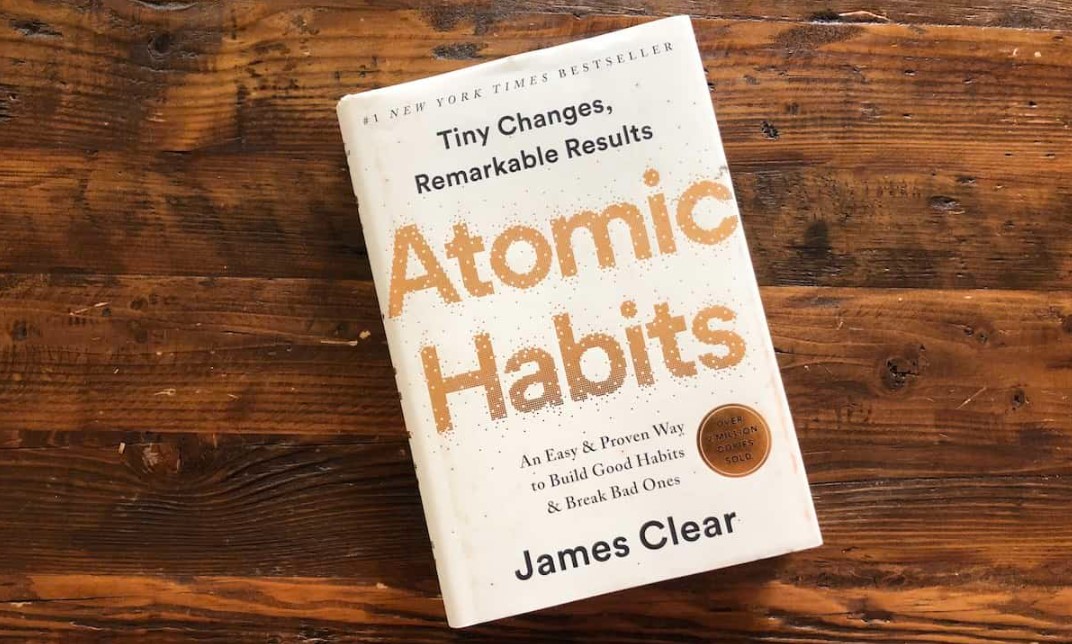
Most men in their 40s carry a full plate. There is a job that covers the bills, a routine that keeps the house running, and a family that relies on consistency. Kids need help with homework, rides to school, or someone to show up. A partner expects presence and support. Parents may need more attention than before. Every hour feels claimed before the day even starts.
Still, a question starts to grow somewhere under the surface. The job stays steady, but growth slows down. The challenge fades. New tools enter the conversation, but they sound unfamiliar. Others talk about systems, platforms, or skills that never felt necessary before. Quiet doubt creeps in. The gap begins to widen.
Full-time school feels out of reach for someone with a family, a mortgage, and daily obligations. Structured programs demand time and flexibility that no longer exist. Online courses look appealing at first, but they often sit open for days without progress. Books stay unread because fatigue takes over before the first chapter ends. Tutorials pause mid-way and never resume. The intention stays clear, but time and energy keep pulling in other directions.
Still, that urge to improve does not disappear.
This guide offers a clear track for men in that exact situation.
Use Podcasts as a Crash Course While Driving or Doing Chores

Most men in their 40s move through the day with little room for books, screens, or study time. Chores, errands, and long drives take over the schedule.
That time can turn into training without adding anything extra. Podcasts fill that gap.
Turn Routine Into Progress
Cleaning the kitchen, driving to work, or mowing the lawn can become daily learning time. Audio learning does not require full attention, but it can still deliver real knowledge when focused on one area over time.
Choose a theme and stay with it across different shows.
- A man looking at IT work should start with Command Line Heroes or Darknet Diaries
- A sales rep aiming for higher numbers can go with The Brutal Truth About Sales
- A future business owner might dive into My First Million or Foundr Podcast
Let those voices become daily company.
Pick One Goal and Build a Rotation
Most podcast apps allow playlists, speed control, and bookmarking. Pick one skill to sharpen over the next 60 days. Build a three-show rotation around that skill. Keep episodes downloaded and ready.
Use 1.2x or 1.5x speed when time runs short. Use a notes app or physical notebook to save points that stand out. Those notes become reference points for what to act on later.
Grab a Certificate That Actually Gets You Paid

Not all learning has to end with a diploma. Some programs offer real skills with direct value on the job market. They cost less, move faster, and work around a full-time schedule.
Certificates make the most sense when tied to a clear goal—something that leads to income, career security, or new job options.
Focus on Skills That Employers Already Want
Many men feel stuck in roles that stopped growing years ago. Moving up or switching paths often comes down to proving you can handle new tools or systems.
A certificate in a high-demand area gives that proof without burning months or cash.
Start here:
- Google IT Support or Project Management on <ahref=”https://www.coursera.org” target=”_new” rel=”noopener” >Coursera
- Meta Front-End Developer or Salesforce Admin on <ahref=”https://www.edx.org” target=”_new” rel=”noopener” >edX
- LinkedIn Learning for Microsoft Excel, Power BI, or communication skills
- Grow with Google for free training in data analytics, UX design, and digital marketing
Buy One Book on One Skill (Only One!) and Read It on Your Phone

Most people buy too many books and finish none. The better move is simple. Choose one book that focuses on a single skill. That book must tie directly to a goal, a curiosity, or a weakness.
The format must fit your life. Read during short waits, breaks, or evenings with nothing scheduled.
Pick the Book Based on Use, Not Trend
The right book delivers something you can apply. Avoid popular titles with vague advice. Look for clear instruction or deep insight into a skill you want to build. Choose based on utility, not bestseller status.
Examples:
- “The Personal MBA” by Josh Kaufman—for business thinking and decision-making
- “Atomic Habits” by James Clear—for better structure in daily life
- “Python Crash Course” by Eric Matthes—for coding from zero
- “Never Split the Difference” by Chris Voss—for negotiation and dealing with people
- “Company of One” by Paul Jarvis—for freelancing, solo business, or working lean
You do not need a reading habit. You need a reason to open one book that leads somewhere useful. Once that skill locks in, move on to the next one. One book. One skill. One result. Repeat when ready.
Schedule One Hour Weekly to Build One Thing
Every man in his 40s has a packed schedule, but even the busiest life can hold one focused hour per week. That hour, used well, can lead to real progress. One hour becomes the time to build, fix, or shape something specific.
Claim a Fixed Time Slot
Pick a recurring hour that does not conflict with family, work, or rest. Label it clearly on your calendar. Set reminders. Treat it as a standing appointment with your own future.
Good slots often fall into these pockets:
- Early Saturday before the day starts
- Late Sunday after things quiet down
- Midweek evening after dinner
- Lunch break when no meetings block the time
Let the people around you know this time matters.
Build Something Real With a Clear Goal
Avoid random projects. Choose one thing you can create over several weeks. Break it into small steps. Each hour should add progress toward a clear result.
Examples:
- A basic personal website
- A spreadsheet that tracks family finances
- A blog post that shares what you are learning
- A portfolio with two or three small freelance samples
- A 30-day meal plan or fitness tracker made in Notion or Google Sheets
Use Reddit to Learn From Real People

Learning does not always require books, courses, or formal guides. Sometimes the best answers come from people facing the same problems. Reddit offers thousands of ongoing conversations where men share experience, advice, failures, tools, and shortcuts that rarely appear in structured lessons. Real-world learning grows stronger through exposure to honest feedback and trial-tested solutions.
Start With Subreddits That Match Your Goals
Each subreddit acts like a community around one idea. Start with five that align with your current focus. Spend time reading before asking questions. Save useful threads. Watch for patterns.
Pay attention to tools that people recommend over and over.
Here are a few good places to begin:
- r/AdultEducation – advice on returning to learning later in life
- r/IWantToLearn – ask how to start anything from scratch
- r/SideProject – people building useful things on their own time
- r/SkillUp – short tips, courses, and updates for growing career skills
- r/Sysadmin or r/learnprogramming – good for tech or IT paths
- r/freelance – advice on building income streams through services
- r/PersonalFinance – systems for budgeting, saving, and investing
Never Wait for “The Right Time”
Every week carries noise, pressure, and things that feel more urgent. For men balancing work, family, and daily responsibilities, free time rarely opens up. Waiting for the perfect window leads to delay. Progress begins when you decide to move, even during chaos.
A full course, a certification, or a big project might feel out of reach today. That should not stop a smaller step.
The hardest part comes at the start. There is no right time. So start today.
















